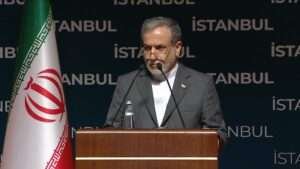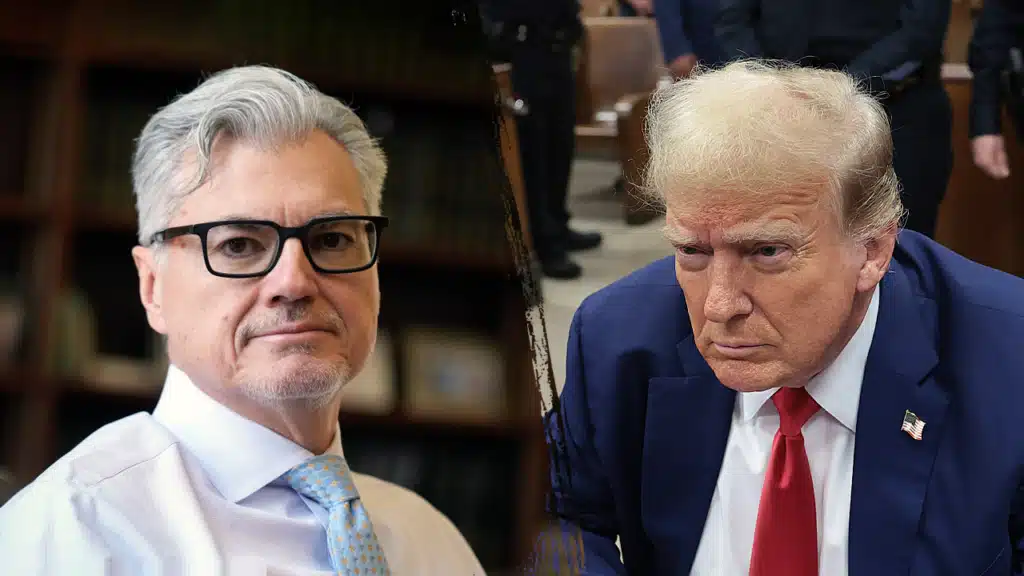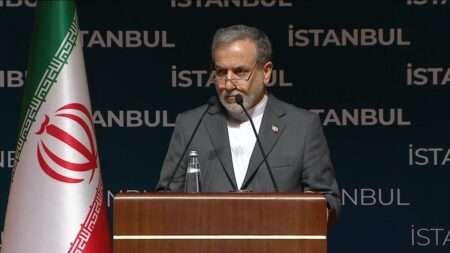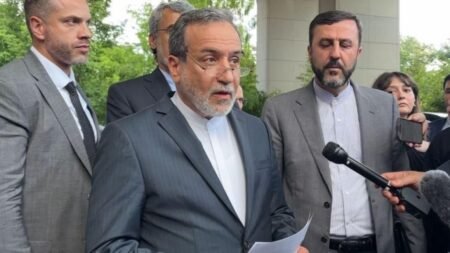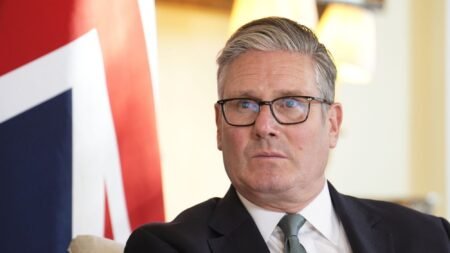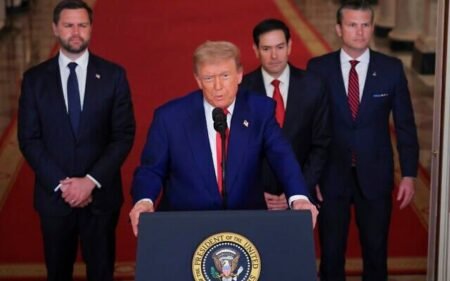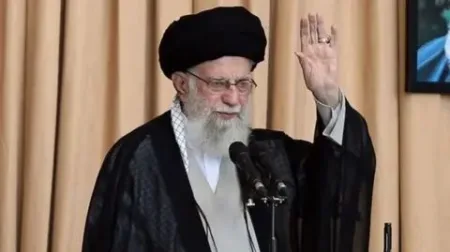The New York Court of Appeals dealt a blow to former President Trump’s legal efforts by rejecting his bid to lift a gag order imposed by Judge Juan Merchan.
The court cited that no substantial constitutional questions were directly involved in the matter, maintaining the restrictions on Trump’s ability to discuss witnesses and his case following the conclusion of his recent trial.
Judge Merchan initially imposed the gag order, which prevents Trump, the presumptive 2024 GOP presidential nominee, from making public statements about potential witnesses, their participation, or the case’s legal counsel, except for discussions directly involving Manhattan District Attorney Alvin Bragg. The order also restricts Trump from commenting on the court, DA staff, or their families.
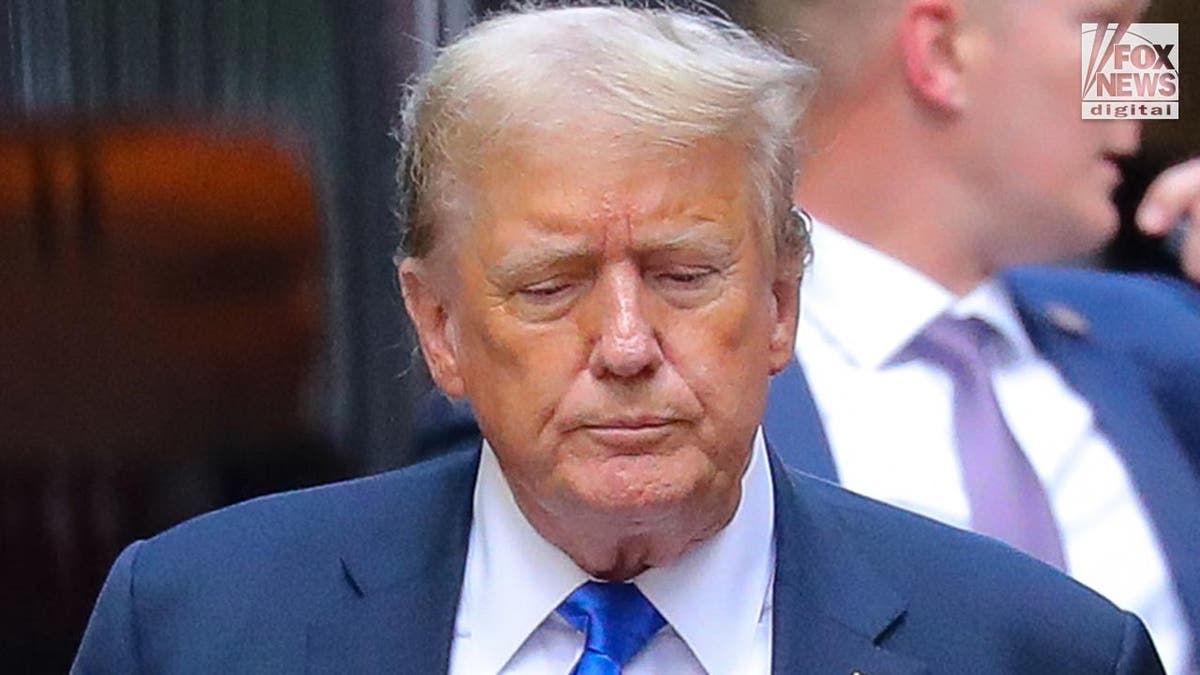
Trump’s legal team argued vehemently against the gag order, pointing to upcoming events like the November presidential election and an impending debate against President Biden as critical reasons for its lifting.
Steven Cheung, Trump’s campaign spokesman, condemned the order as unconstitutional, alleging it unfairly silences Trump while allowing his political opponents, critics, and even President Biden unrestricted speech.
Following Merchan’s refusal to lift the gag order, the appeals court rejected Trump’s appeal on Tuesday. In response, Cheung reaffirmed Trump’s commitment to challenging what he termed an “Election Interfering Gag Order,” asserting that it infringes on Trump’s and American voters’ First Amendment rights to hear his message during a pivotal election cycle.
Trump recently faced a six-week trial where he was found guilty on all 34 counts of falsifying business records in the first degree, stemming from charges brought by Manhattan District Attorney Alvin Bragg. Despite repeated appeals from Trump’s legal team to rescind the gag order, the court remained steadfast in its decision, prompting Todd Blanche, Trump’s legal counsel, to request its termination post-trial.

Blanche argued that the original justifications for the gag order no longer hold weight with the trial concluded. He underscored Trump’s continued status as a leading candidate in the 2024 presidential race, emphasizing the urgent need to restore his unfettered ability to engage in campaign advocacy without undue restrictions.
Moreover, Blanche pointed to public remarks by President Biden and his campaign and criticisms from government witnesses like Michael Cohen and Stormy Daniels as exacerbating the necessity to lift the gag order. Blanche highlighted the upcoming first presidential debate on June 27 as a pivotal moment where Trump’s voice must not be stifled.
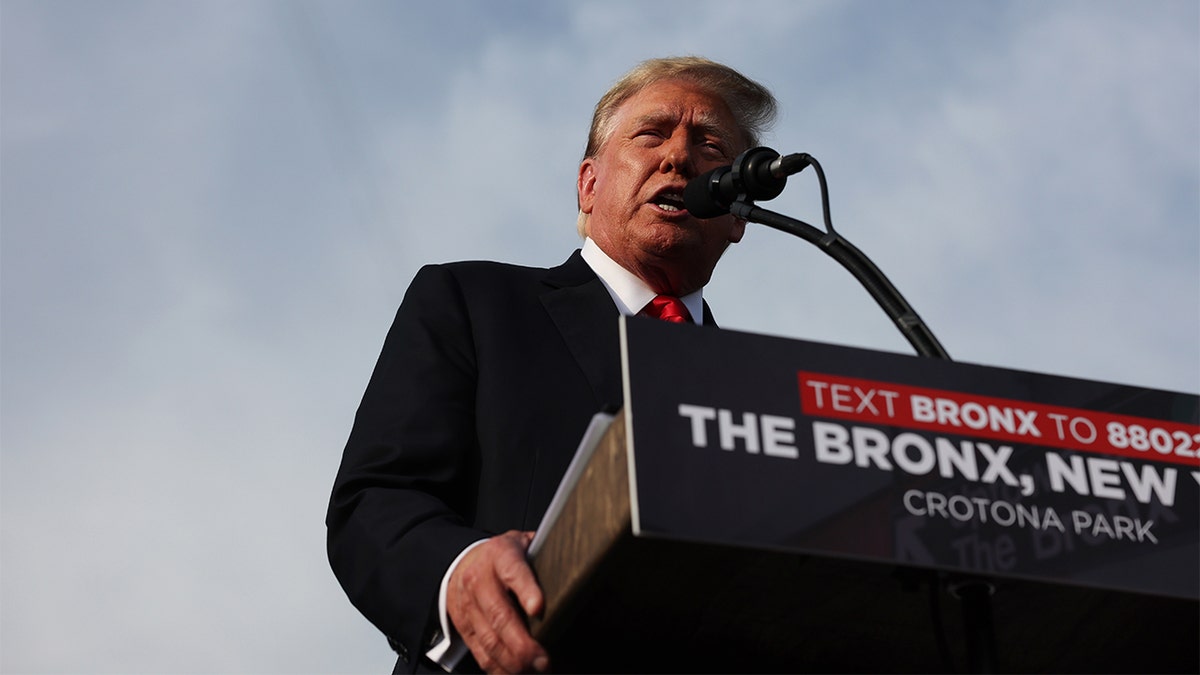
In a footnote accompanying his arguments, Blanche clarified that Trump’s legal team did not acknowledge any valid basis for the gag order and reserved the right to challenge its constitutional implications. Throughout the trial, Trump incurred a $10,000 fine for breaching the gag order, with Judge Merchan even threatening potential jail time for further violations attributed to Trump.



